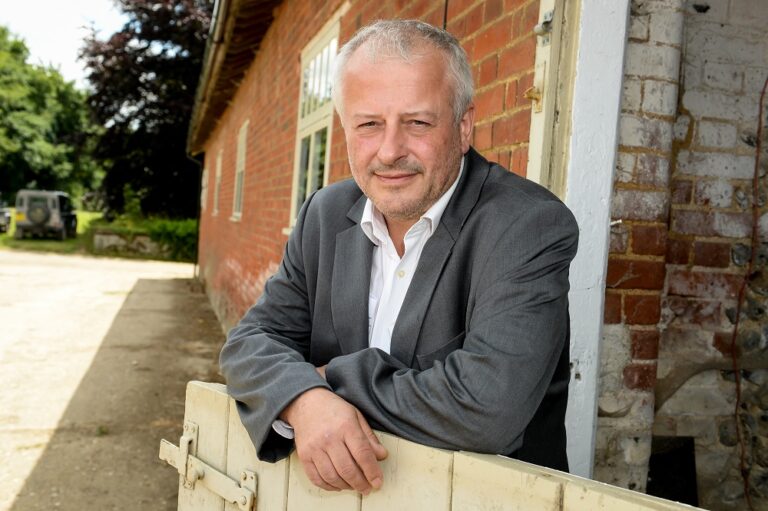A report by OF&G (Organic Farmers & Growers) proposes a new approach to the way we assess productivity and efficiency of UK farm businesses, with the view of building a more resilient and sustainable system of food production.
While the current approach to UK agricultural economics focuses on a growth in outputs and optimising inputs, the report, which has been written by independent consultant Christopher Stopes, states that a change in assessing the economics of food production must happen if we are to address the major environmental and social challenges facing us.
With the Agriculture Bill back in parliament and the proposed New Food Strategy setting out clear aspirations that will require a systemic shift, the launch of the report comes at a crucial time.
Kerr said farmers’ quest to become efficient and productive in its current definition is not working and objectives must change. “In principle, if you can produce two things from the land where you once produced one thing, you’re doing a good job. But the question is, at what cost, and for what gain?
“Current conventional models of production mean we are failing to produce food within environmental boundaries, resulting in climate change, biodiversity loss and soil degradation. Continuing to mine resources in this way, will ultimately provide results for no-one.”
The report sets out an alternative way of defining how we measure farm productivity and efficiency. “Like in other business models, UK agriculture needs to change its financial principles and consider the entire balance sheet, including wider assets and liabilities. Rather than a traditional profit and loss approach there needs to be a focus on overall equity value or net worth,” said report author, Christopher Stopes.
“Factoring in non-cash outcomes in the context of the environment, such as soil carbon content, biodiversity and agricultural landscapes, resilience to flooding and rural vitality, is essential to prompt the system shift required to address the challenges we face.”
“Around a third of the food we produce is currently lost or wasted so if policies were directed to avoid waste and encourage balanced dietary choices with meat and non-meat foods, we could feed 9.7bn now. The real challenge then is how we continue to do this in a way that protects and enhances our increasingly frail and dysfunctional environment,” said Stopes.


